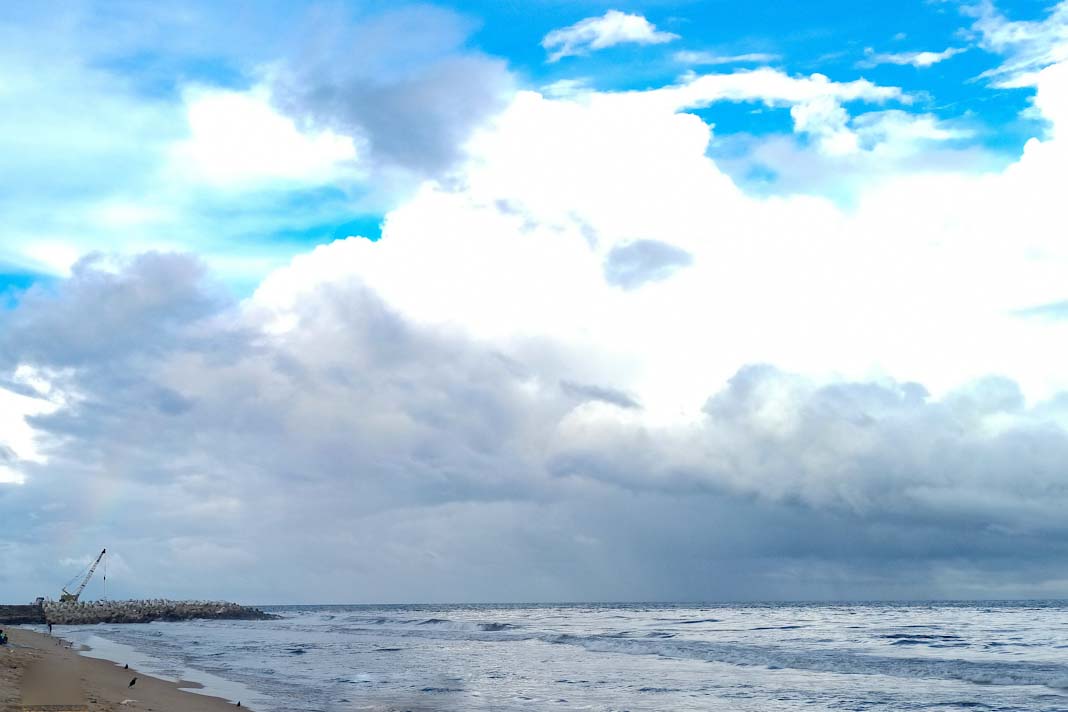- China is increasing its focus on Arctic shipping by providing regular broadcasts on sea ice conditions for the Northeast Passage.
- This move highlights China’s interest in using these routes as alternatives to the Suez Canal due to melting ice caps.
- The broadcasts will provide vital information for ships navigating the Arctic passage.
Melting ice packs due to global warming are creating longer ice-free periods in the Arctic, making these previously treacherous routes more viable for commercial shipping. This development offers an alternative global trade route connecting the Pacific and Atlantic Oceans.
China-Russia Collaboration in the Arctic
China and Russia are collaborating on developing Arctic shipping routes. This cooperation serves a dual purpose: Russia seeks to deliver more oil and gas to China in the face of Western sanctions, while China aims to reduce its dependence on the Strait of Malacca for its shipping needs.
Broadcasts Provide Vital Information
The Tianjin Coastal Station, located in northern China, has commenced daily broadcasts of sea ice analyses, forecasts, and weather information for key straits along the Northeast Passage. This vital information will be broadcasted twice daily throughout the summer season (July 1st to October 31st) to aid vessels navigating this route.
Northeast Passage Offers Shorter Distances
The Northeast Passage, also known as the Northern Sea Route (NSR), offers a significant advantage in terms of distance for shipping between Europe and East Asia compared to the traditional Suez Canal route. The NSR, spanning 13,000 kilometers, cuts nearly half the distance compared to the Suez Canal route, which stretches 21,000 kilometers.
China’s Existing Arctic Engagements
China already imports liquefied natural gas (LNG) from Russia via the Arctic, primarily through the Yamal project operated by Russian energy company Novatek. This project utilizes the NSR during the summer months for deliveries to Northeast Asia.
Did you subscribe to our daily Newsletter?
It’s Free! Click here to Subscribe
Source: Reuters
















